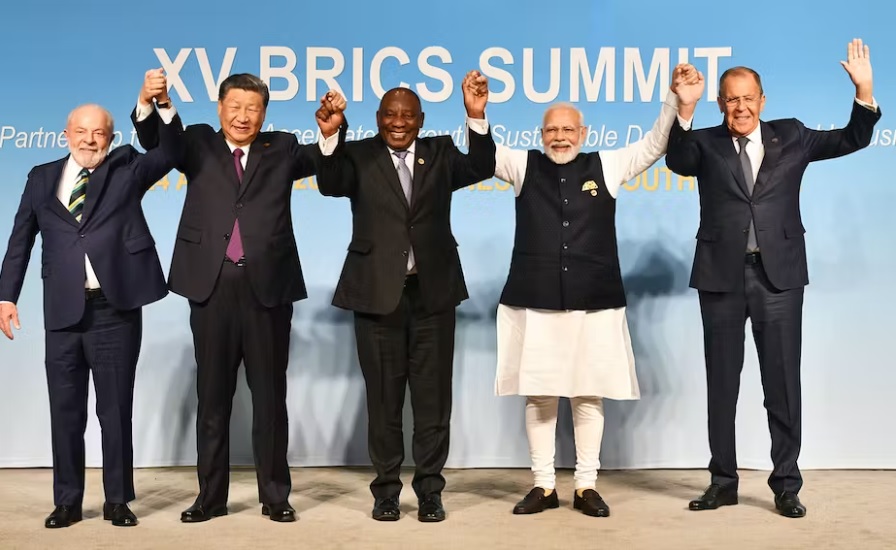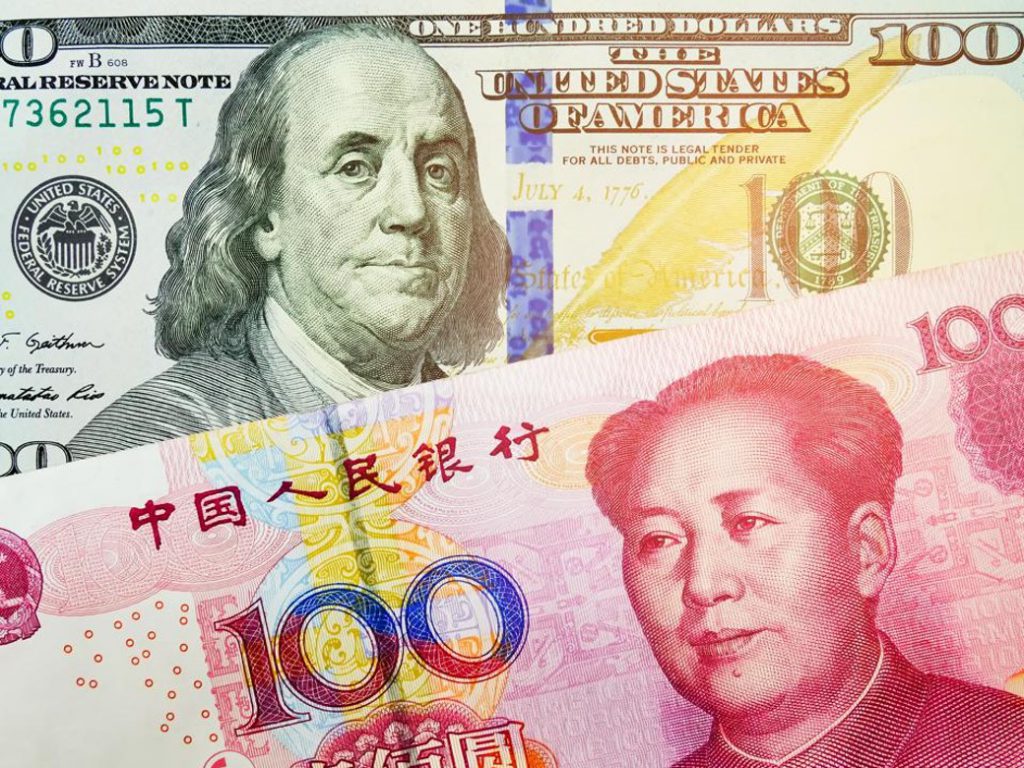In a new opinion piece about the BRICS bloc written for Foreign Policy, former White House economist Joe Sullivan noted his expectation of the US dollar’s decline. Indeed, he discussed the growing size of the bloc, its influence on global trade, and how that could lead the greenback to mirror the British pound’s demotion in the 1800s.
The BRICS bloc enacted landmark expansions at its 2023 annual summit. Moreover, they have discussed current alternatives to reinforce their de-dollarization efforts. Subsequently, Sullivan stated his belief that a new currency wouldn’t even be necessary to dethrone the US dollar.


Also Read: BRICS Can Dethrone US Dollar Without Launching New Currency
A Former White House Economist Predicts US Dollar Downfall to BRICS Alliance
For much of the past year, the BRICS economic bloc has noted impressive growth. Moreover, that growth culminated with the invitation of six nations to join its first-ever expansion effort. Specifically, it welcomed Saudi Arabia, the United Arab Emirates (UAE), Iran, Egypt, Ethiopia, and Argentina to the bloc.
With long-held de-dollarization plans by the BRICS collective, former White House economist Joe Sullivan recently discussed his perspective on the seemingly inevitable downfall of the US dollar (USD). Moreover, Sullivan noted that global trade provides a clear advantage and game-changing force for the alliance.


Also Read: What Happens if Saudi Arabia Ditches the US Dollar for Oil?
“The BRICS+ Nations do not need to wait until a shared trade currency meets the technical condition typical of global reserve currency before they swing their newly enlarged economic wrecking ball at the dollar,” Sullivan stated. Specifically, he discussed the bloc’s control of 12% of global trade through Egypt’s, Ethiopia’s, and Sadi-Arabian influence over the Suez Canal and Saudi Arabia’s ownership of more than $100 billion in US Treasury bonds.
The bloc has long hoped to eliminate Western influence in the global south and internationally. Indeed, Sullivan lays out a way in which that is a possibility. Moreover, he notes that no more work is needed to make it a reality. Therefore, seeing where the global financial power balance goes from here will be immensely interesting.





